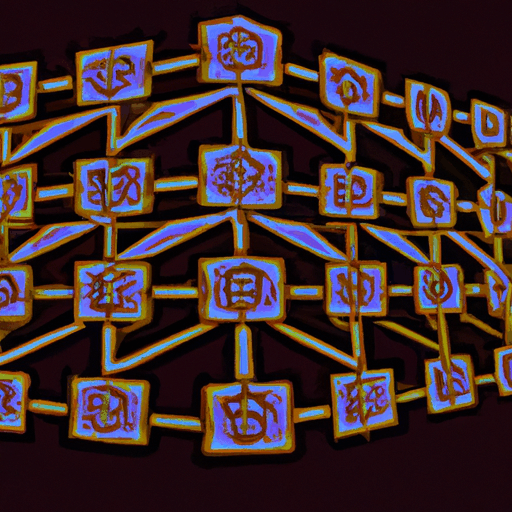
Columbia Study Reveals Significant Wash Trading on Polymarket
By: Eliza Bennet
Recent research conducted by Columbia University has uncovered significant levels of wash trading on the popular prediction platform, Polymarket. The comprehensive study indicates that a notable portion of the platform's trading volume may be artificially inflated, raising concerns about the genuine organic growth of this prediction market.
The findings, detailed in a substantial 80-page paper entitled "Network-Based Detection of Wash-Trading," highlight that up to 60% of the trades on Polymarket between July 2024 and April 2025 could be attributed to wash trading practices. During that period, fraudulent trading activities were said to contribute significantly to the platform's perceived growth, with a similar pattern observed again in October 2025, where wash trading accounted for about 20% of the total trading volume.
Wash trading, a type of market manipulation, involves the same trader buying and selling a security simultaneously to create misleading activity in the marketplace. This deception can mislead investors about the true liquidity and value of the assets on a platform. The study highlights the potential impacts of such practices, pointing out the vulnerability of prediction markets to artificial manipulation.
As investors and users continue to assess the reliability and integrity of platforms like Polymarket, the research underscores the importance of vigilance and transparency in the burgeoning space of decentralized finance (DeFi) and prediction markets. The Columbia study serves as a crucial reminder of the need for ongoing scrutiny and robust mechanisms to deter such activities to maintain trust and security in the crypto ecosystem.



